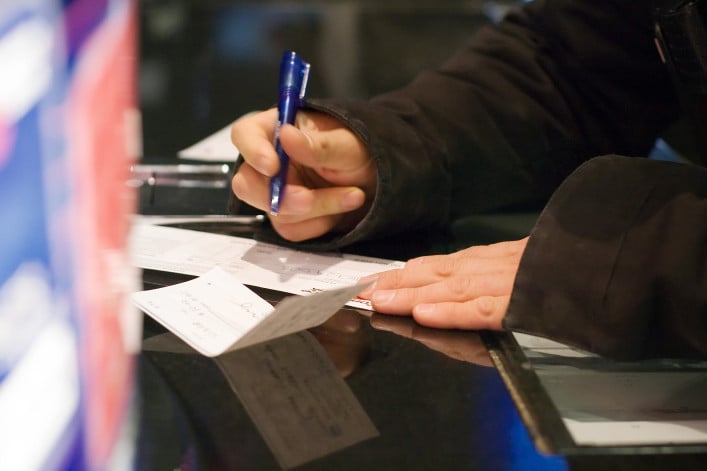What to do when you're subletting from a co-op's resident deadbeat

You'd think paying your rent on time and in full would be enough to guarantee you a spot in your apartment, sans lawsuits, but not necessarily: a renter in a co-op wrote to the New York Times this weekend about the delinquent apartment owner. Thanks to this landlord's failure to keep up with the building's maintenance charges, the tenant could wind up in hot water, too.
First and foremost, the Times advises, the tenant should stop sending rent checks to the apartment's owner, and absolutely avoid signing a new lease that's set to start in January. If the landlord hasn't been paying, the board could already be in the midst of plans to evict him, and a lawyer told the paper, "The tenant is just throwing good money away and the landlord will pocket it."
Instead, a tenant in this situation should take their concerns to the co-op board or managing agent and offer to pay rent directly to the building. Since the building's biggest concern is likely getting their maintenance charges, this could give you leverage to stay in the apartment while you make arrangements to find a new housing set-up (and a landlord who isn't a flake).
Unfortunately, you may end up in legal trouble no matter how you handle the situation. If you continue to pay the landlord (who's not passing that money on to the board), they could name you in their lawsuit to evict him. On the flip side, if you pay the building instead of the landlord, the landlord could take you to housing court for failure to pay rent, which could land you a spot on the tenant blacklist regardless of the outcome. It may not be pleasant, but if you're in this situation and hoping to avoid legal trouble altogether, your best bet is to move out as soon as possible.
Related:
Considering a sublet? Read here first
The dread tenant blacklist: what you need to know
Do I really have to pay a 25 percent fee to sublet my co-op?























